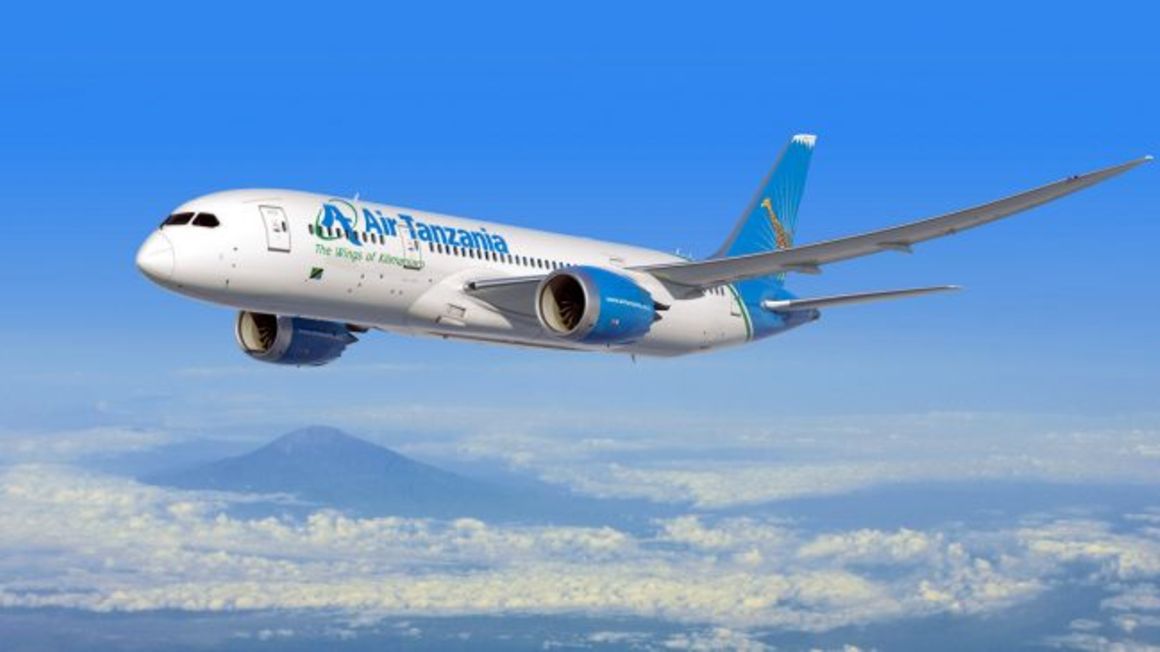Arusha. Business leaders have voiced their concern about skyrocketing air transport costs in the East African Community (EAC) region.
They have called for a thorough review of aviation taxes,levies and charges so as to make them affordable to air transport users.
The East African Business Council (EABC), an apex body of the private sector associations, is spearheading appeals for urgent intervention.
Deeply concerned by the exorbitant fares, taxes,fees and charges, the Arusha-based body will commission experts to work on the issue.
They will scan through the regulations on aviation taxes, levies and charges on the cost of doing business in the EAC.
High air transport cost in the EAC is blamed for frustrating aviation-dependent sectors such as tourism and export of fresh produce.
Some business analysts have linked it to failure by the EAC partner states to liberalise their air transport systems.
That is despite having signed agreements at both regional and international levels such as the Yamoussoukro Decision of 2000.
At the regional level,the domestic air transport sector remains protected in contravention of the EAC Common Market protocol.
“This translates into less accessible and unaffordable air transport for both cargo and passenger,” the EABC said in a statement.
The business body points a finger at the partner states over what it sees as unjustified tight regulation of the sector.
The air transport market in the EAC was also still under what is described as “ tight regulation and control” of the governments.
This is believed to have denied fair competition among the operators within the bloc,now with seven partner states.
According to the EABC, experts to be commissioned will be required to assess the entire operational costs of the industry.
These include, but not limited to, fuel costs, landing fees, parking and handling fares, passenger service charges and a host of taxes.
Aviation experts have decried EA dependence on restrictive Bilateral Air Service Agreement (Basa) in granting market access rights.
The high cost of intra-EAC air tickets, therefore, makes it difficult to stimulate demand on air transport.
This, the EABC asserts, prevents the optimum use of capacity and frequencies as well as the freedom rights agreed during Basa’s negotiations.
At the national level each of the partner states implements cabotage laws on the air transport sector.
This limits the operation of planes in various partner states which, in turn, limits planes landing to only a few international airports.
In addition, partner states’ planes are treated as international flights, therefore, having to pay charges equivalent to those paid by flights from outside EAC.
The 2016 study Costs and Benefits of Open Skies in the EAC, produced what was described as “compelling evidence” on the benefits of liberalisation.
Liberalisation, according to the study, leads to nine percent lower average fares and a 41 percent increase in frequencies which stimulate passenger demand.
Furthermore, the study estimated that liberalisation between the then five partner states could add an additional 46,320 jobs.
There will be a revenue increase of a whooping $202.1 million per annum in Gross Domestic Product (GDP).
The EAC Common Market Protocol, in force since 2010 envisaged full liberalisation of air transport in the region.
Over ten years down the line the region’s skies remain tightly protected,making it less accessible and affordable for air travel and cargo carriage.
Expensive air tickets in the EAC recently emerged at the plenary sitting of the East African Legislative Assembly (Eala).
A report tabled before the House indicated that 43 percent of air ticket prices in the region comprise of regulatory charges and taxes.
Regulatory fees account for up to 24 percent, surpassing taxes and fees charged elsewhere in Africa and the world.





No comments :
Post a Comment